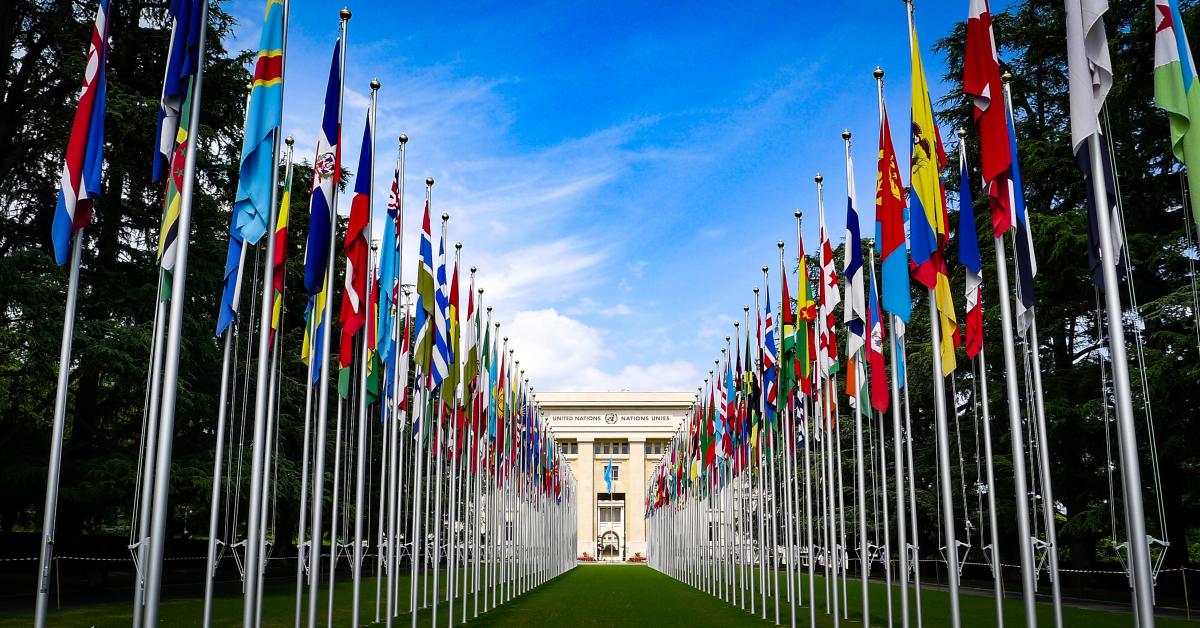U.S. Opts Out of United Nations Human Rights Review
The United States will not participate in the United Nations human rights review, following President Donald Trump's earlier withdrawal from the Human Rights Council, drawing criticism from advocacy groups.
Subscribe to unlock this story
We really don't like cutting you off, but you've reached your monthly limit. At just $5/month, subscriptions are how we keep this project going. Start your free 7-day trial today!
Get StartedHave an account? Sign in
Overview
- The United States announced its decision to not participate in the United Nations human rights review, marking a significant shift in its international engagement.
- This non-participation follows President Donald Trump's earlier executive order, which led to the U.S. withdrawal from the Human Rights Council this year.
- The U.S. withdrawal from the Human Rights Council directly resulted in the country's inability to engage in the U.N.'s periodic human rights review process.
- Human rights groups and advocates have strongly criticized the U.S. decision, expressing concerns about its impact on global human rights and international cooperation.
- Critics argue that the U.S. non-participation in this crucial review process significantly undermines American credibility and leadership on international human rights issues.
Report issue

Read both sides in 5 minutes each day
Analysis
Analysis unavailable for this viewpoint.
Articles (3)
Center (0)
No articles found in the Center category
FAQ
The United States, under President Donald Trump and continuing in 2025, withdrew from the UN Human Rights Council because it viewed some UN agencies as acting contrary to U.S. interests, including protecting human rights abusers and harboring anti-Israel sentiment. The 2025 executive order cited concerns about the Council shielding abusers from scrutiny and infiltration of other UN agencies by terrorist groups.
The UPR is a mechanism established by the UN Human Rights Council where each UN Member State undergoes a peer review of its human rights records approximately every 4.5 years. It allows states to report on human rights improvements and receive recommendations for continuous improvement, promoting international human rights protection and cooperation.
Because of its withdrawal from the Human Rights Council, the United States is no longer able to participate in the Universal Periodic Review process at the UN, which limits its ability to engage with other states on human rights issues and reduces its credibility and leadership in international human rights forums.
Human rights advocacy groups criticize the U.S. decision because it potentially weakens international cooperation on human rights, diminishes American credibility and leadership on global human rights issues, and may allow human rights violations to go less scrutinized in the absence of U.S. participation.
By not participating, the U.S. foregoes its ability to influence human rights practices globally through diplomatic engagement and negotiations, diminishes its access to multilateral forums like the Human Rights Council, and reduces its support network for promoting peace, security, and human rights improvements worldwide.
History
- This story does not have any previous versions.



